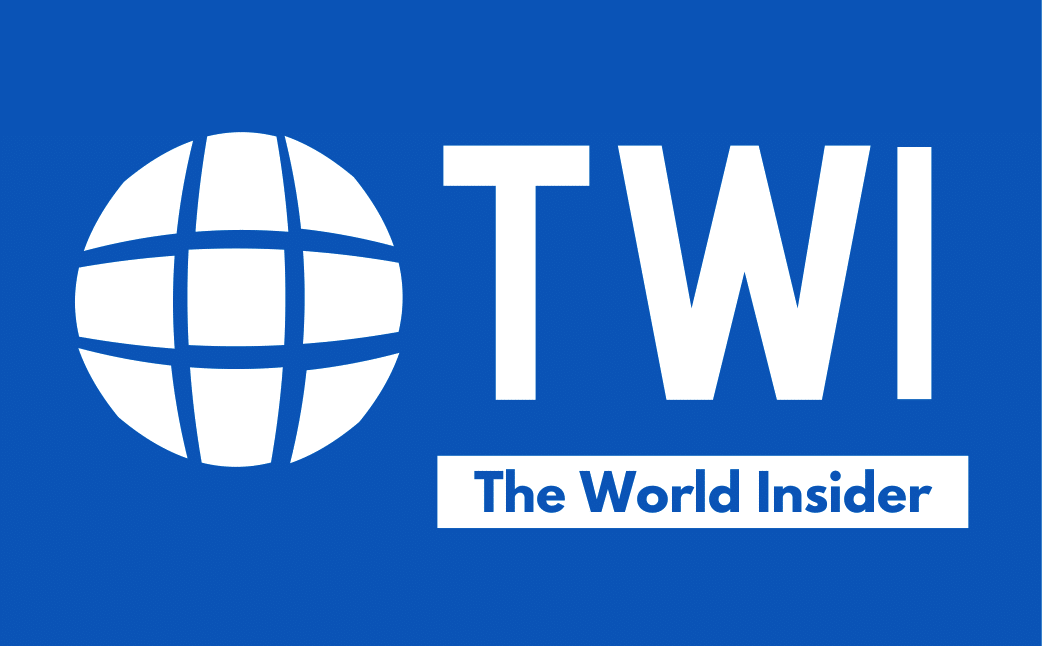The Group of Seven (G7) leaders pledged on Sunday to raise $600 billion in private and public funds over five years to finance needed infrastructure in developing countries and counter China’s multitrillion-dollar Belt and Road project launched in 2013.
U.S. President Joe Biden and other G7 leaders relaunched the newly renamed “Partnership for Global Infrastructure and Investment,” (PGII) at their annual gathering being held this year at Schloss Elmau in southern Germany.
President Biden announced that the United States will mobilize $200 billion for PGII over the next 5 years through grants, federal financing, and leveraging private sector investments. “Together with G7 partners, we aim to mobilize $600 billion by 2027 in global infrastructure investments. And this will only be the beginning,“ Biden said.
Europe will mobilize 300 billion euros for the initiative over the same period to build up a sustainable alternative to China’s Belt and Road Initiative, European Commission President Ursula von der Leyen told the gathering.
Biden highlighted several flagship projects, including:
- $2 billion solar development project in Angola with support from the Commerce Department, the U.S. Export-Import Bank, U.S. firm AfricaGlobal Schaffer, and U.S. project developer Sun Africa.
- Supporting up to $1.3 million in U.S. exports, the project will help Angola meet their climate commitments, including generating 70% carbon-free power by 2025.
- U.S. International Development Finance Corporation (DFC) is disbursing a $3.3 million technical assistance grant to Institut Pasteur de Dakar (IPD) for early-stage project development for an industrial-scale flexible multi-vaccine manufacturing facility in Senegal with potential annual capacity of millions of doses of COVID-19 and other vaccines, potentially using both viral vector and mRNA technologies.
- U.S. telecommunications company SubCom has been awarded a $600 million contract to build the Southeast Asia–Middle East–Western Europe 6 submarine telecommunications cable that will connect Singapore to France through Egypt and the Horn of Africa.
- The U.S. Government with U.S. firm NuScale Power LLC will provide $14 million in support for the Front-End Engineering and Design study for Romania’s deployment of a first-of-its-kind small modular reactor (SMR) plant.
- The U.S. Agency for International Development (USAID) will aim to commit up to $50 million over five years to the World Bank’s new global Childcare Incentive Fund.
- DFC will invest up to $25 million in the Uhuru Growth Fund I-A, which will provide needed growth capital to small-and medium-sized enterprises in West Africa – including women-led businesses.
- The Digital Invest program will leverage $3.45 million in State and USAID funding to mobilize up to $335 million in investment capital for internet service providers and financial technology companies in Africa, Asia, and Latin America that use secure network equipment and advance competition and choice in emerging markets.
- USAID will invest $40 million in the Southeast Asia’s Smart Power Program to decarbonize and strengthen the region’s power system by increasing regional energy trade, accelerating the deployment of clean energy technologies.
- DFC will invest up to $30 million in Omnivore Agritech and Climate Sustainability Fund 3, an impact venture capital fund that invests in entrepreneurs building the future of agriculture, food systems, climate, and the rural economy in India.
- ABD group, a project development company, was awarded a $320 million healthcare infrastructure project to renovate or construct over 100 hospitals and clinics across Côte d’Ivoire and has already begun work on 10 locations.




